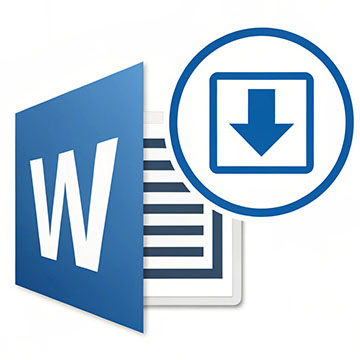Efficacy of a Special Relativity Game-Based Learning Tool
DOI:
https://doi.org/10.46328/ijses.5491Keywords:
Special theory of relativity, Physics Education, Game-based learningAbstract
Teaching modern physics, particularly special theory of relativity (STR), is challenging because of its abstract nature which requires thought experiments. This mixed-methods study was designed, developed and assessed a Special Relativity Game of Games (SRGoG) to overcome such challenges and enhance learning. Guided by a Plan-Do-Check-Act (PDCA) framework, and a convenience sampling technique, several students and teachers from a state university evaluated the game-based learning (GBL) tool’s efficacy. Quantitative data indicated the game to be very acceptable for both its content validity (M = 4.85, SD = 0.35) and instructional and technical quality (M = 4.81, SD = 0.42). Qualitative findings, have also shown valuable feedback implying its student-centered characteristics such as educational, easy-to-use, user-friendly, and engaging. These results suggest the potential use of the board game for instructional purposes.
References
Busime, J.R., Algarme, V., Bene, J., Polines, J.L., & Ole, F.C. (2025). Efficacy of a special relativity game-based learning tool. International Journal of Studies in Education and Science (IJSES), 6(4), 355-369. https://doi.org/10.46328/ijses.5491
Downloads
Published
Issue
Section
License
Copyright (c) 2025 International Journal of Studies in Education and Science

This work is licensed under a Creative Commons Attribution-NonCommercial-ShareAlike 4.0 International License.
Articles may be used for research, teaching, and private study purposes. Authors alone are responsible for the contents of their articles. The journal owns the copyright of the articles. The publisher shall not be liable for any loss, actions, claims, proceedings, demand, or costs or damages whatsoever or howsoever caused arising directly or indirectly in connection with or arising out of the use of the research material.
The author(s) of a manuscript agree that if the manuscript is accepted for publication in the International Journal of Studies in Education and Science (IJSES), the published article will be copyrighted using a Creative Commons “Attribution 4.0 International” license. This license allows others to freely copy, distribute, and display the copyrighted work, and derivative works based upon it, under certain specified conditions.
Authors are responsible for obtaining written permission to include any images or artwork for which they do not hold copyright in their articles, or to adapt any such images or artwork for inclusion in their articles. The copyright holder must be made explicitly aware that the image(s) or artwork will be made freely available online as part of the article under a Creative Commons “Attribution 4.0 International” license.

This work is licensed under a Creative Commons Attribution-NonCommercial-ShareAlike 4.0 International License.




